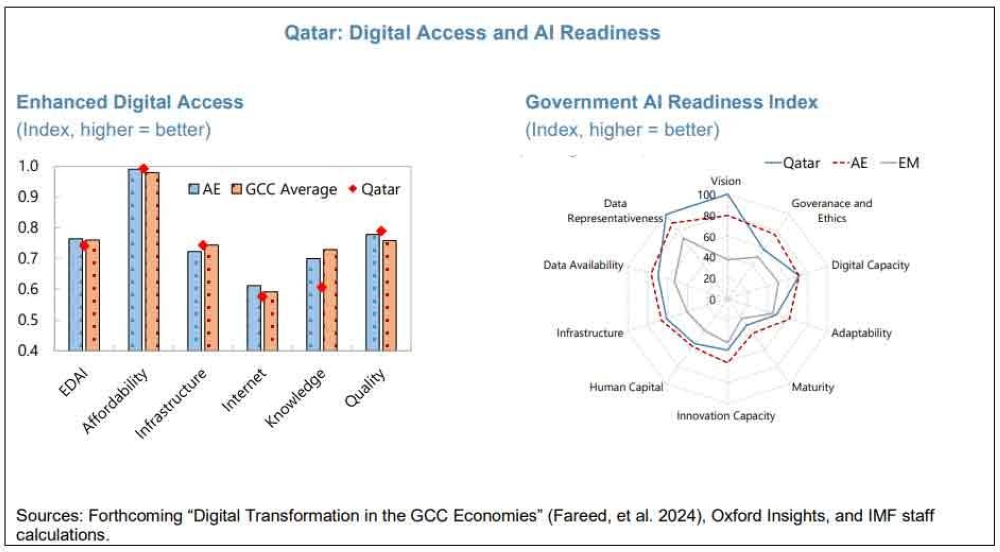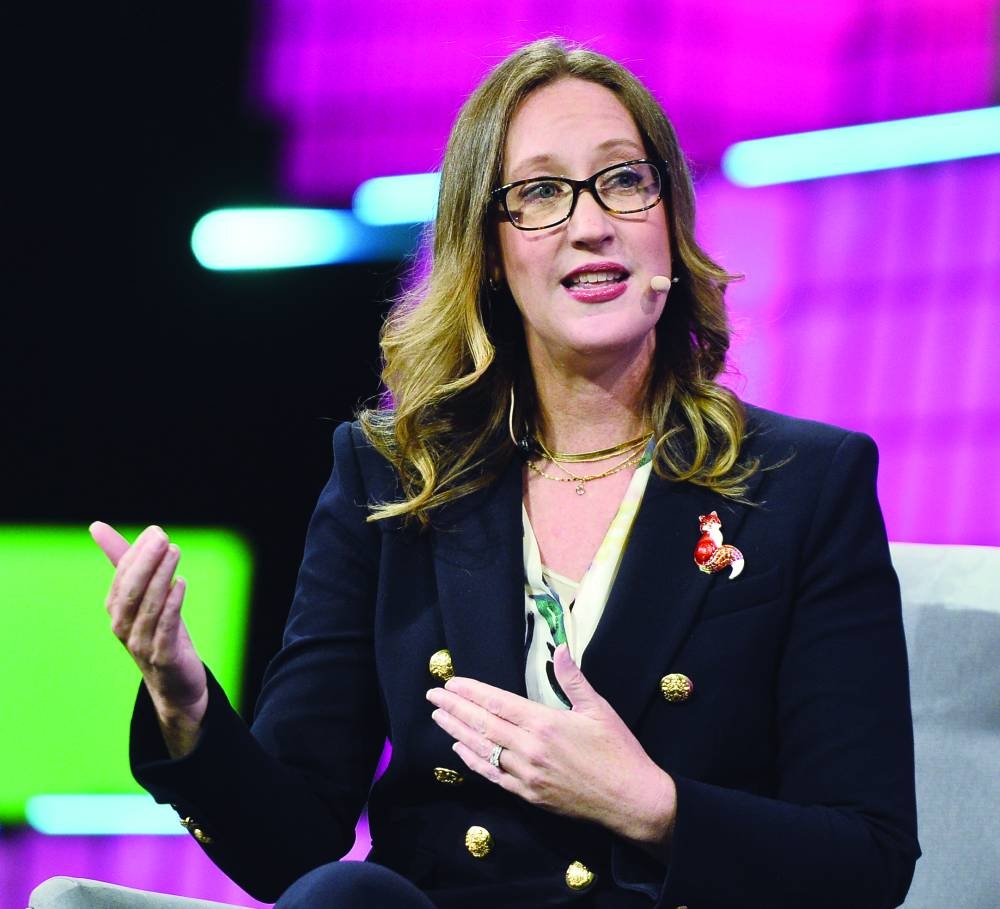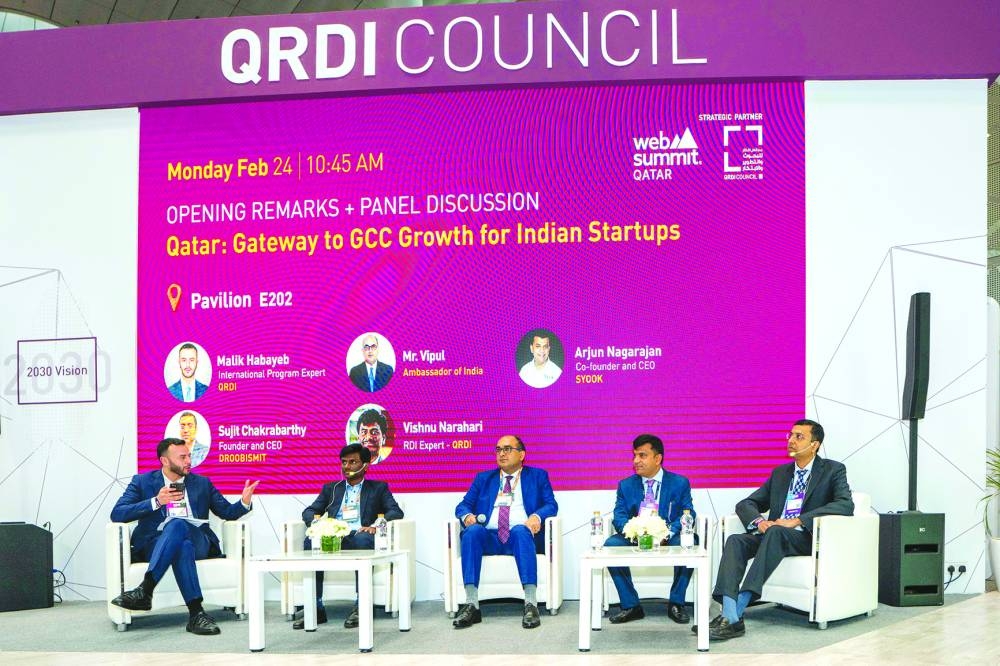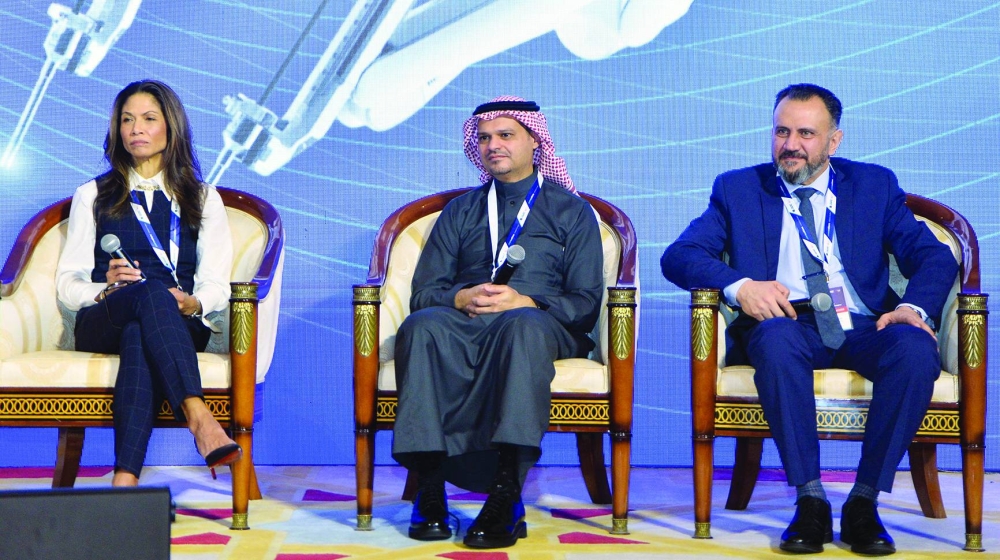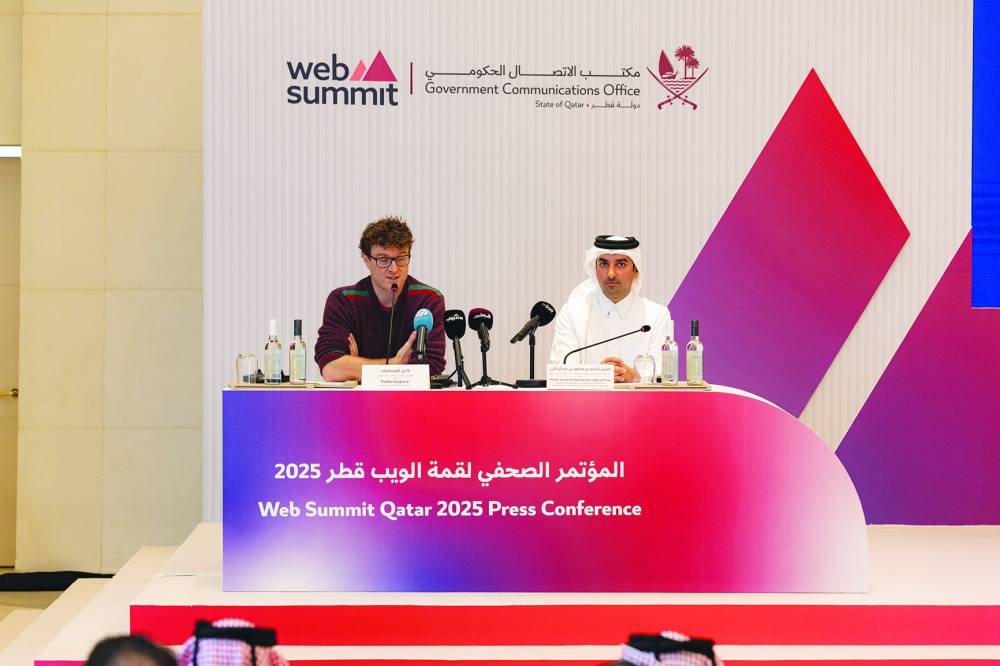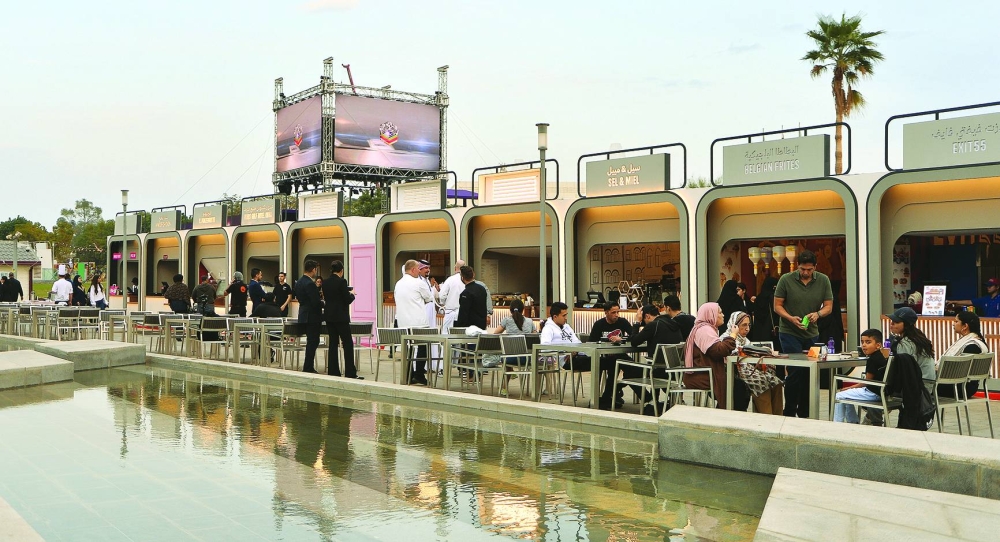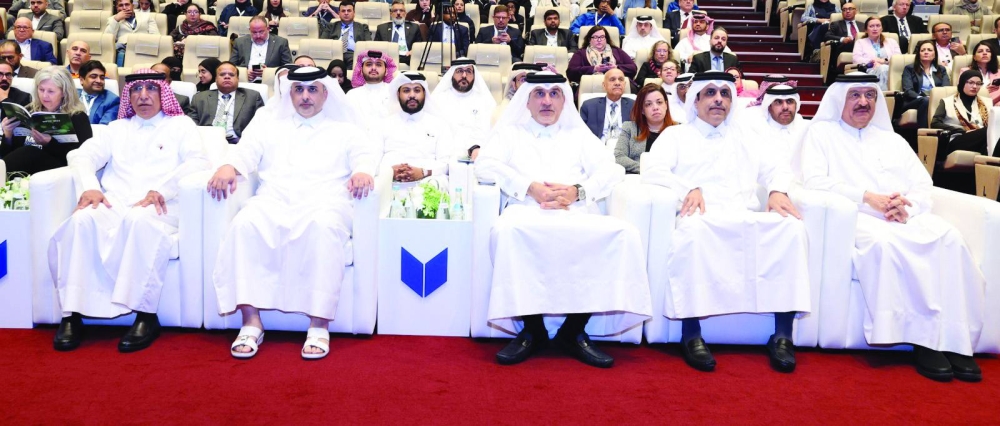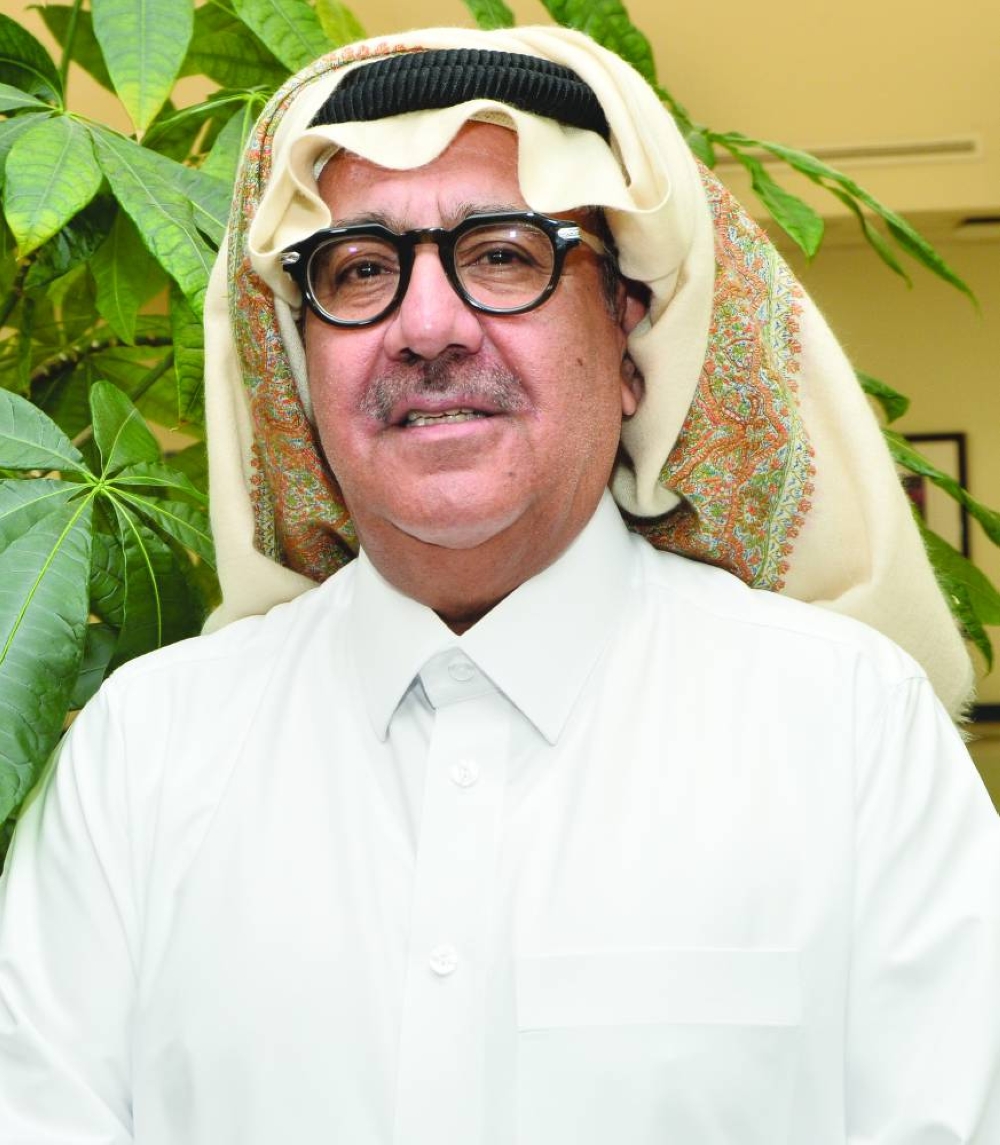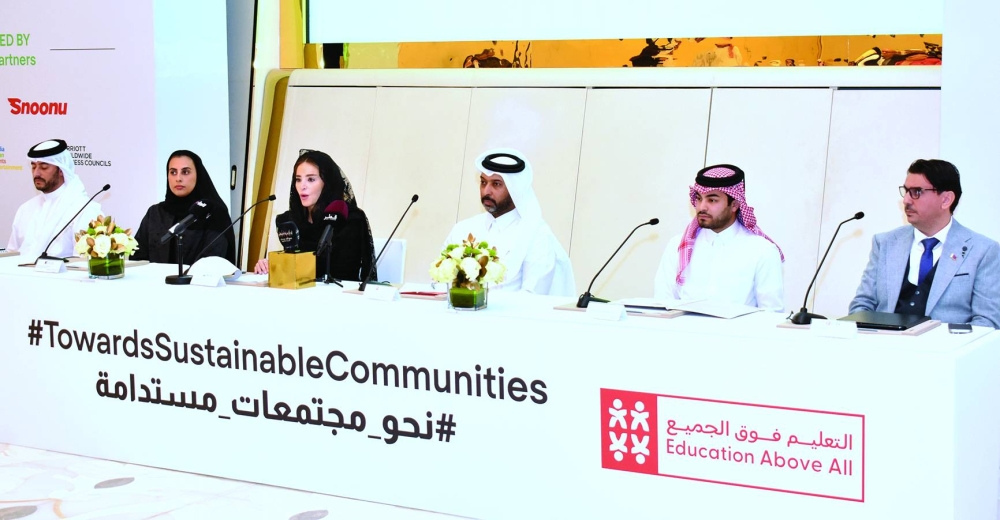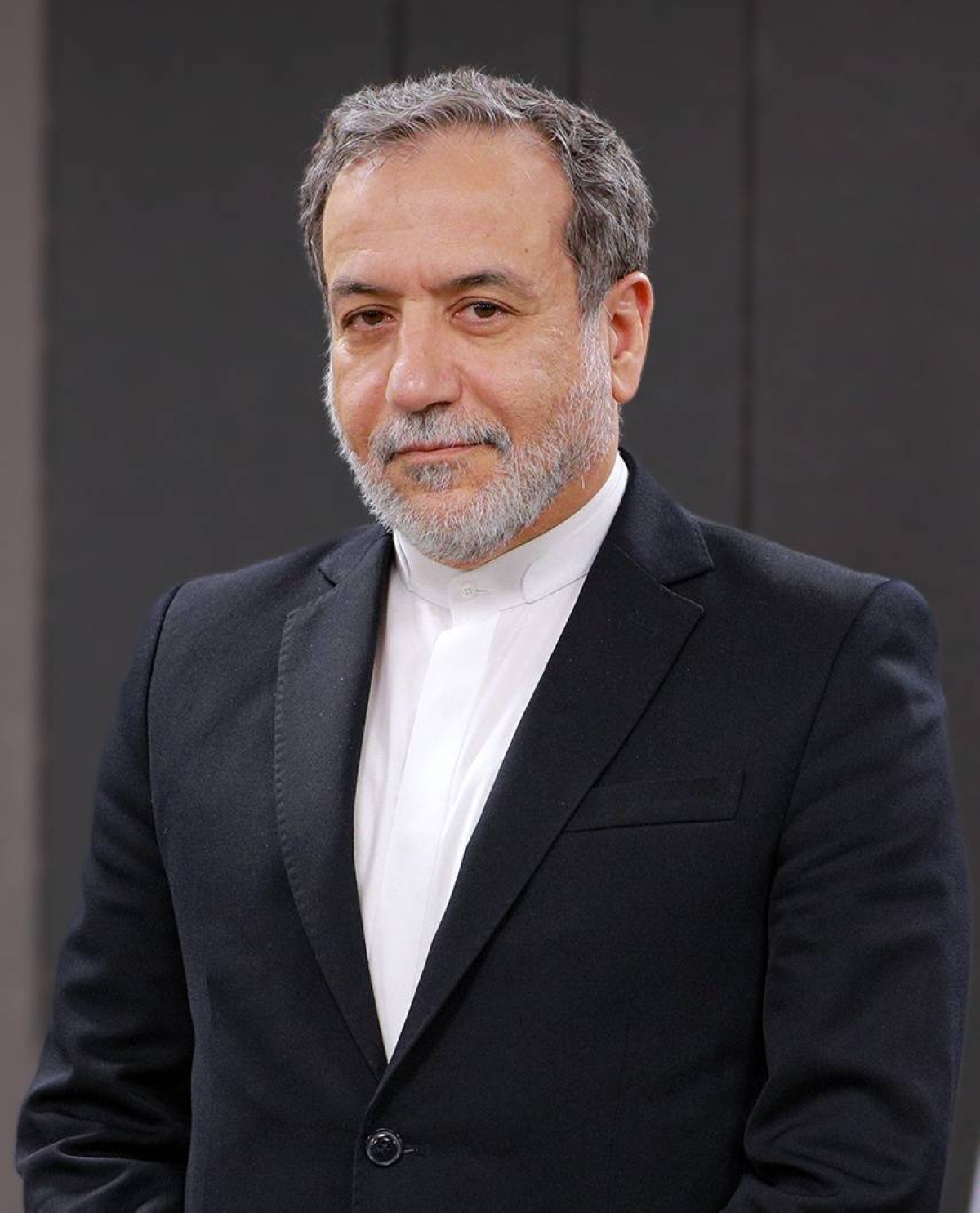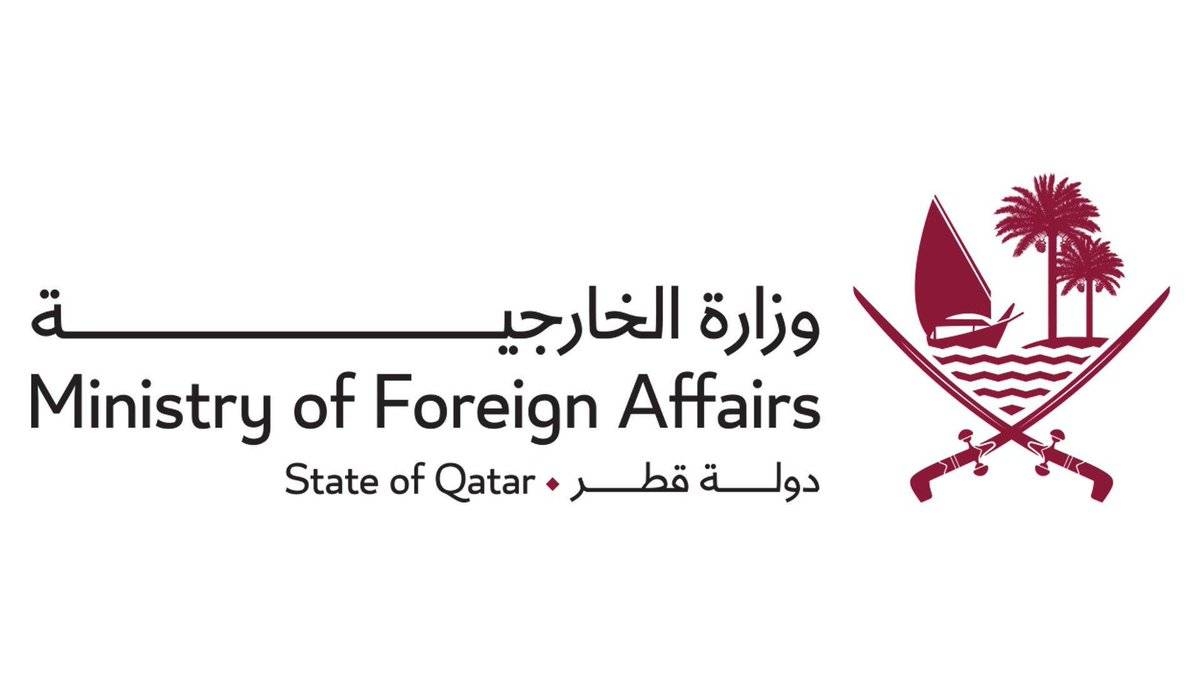Qatar is leading its Emerging Market peers in Artificial Intelligence (AI) readiness by embracing the transformative potential of AI, notes, International Monetary Fund ( IMF), has said.According to a latest report by research analyst Tongfang Yuan and released Friday, IMF points out that Qatar’s AI exposure has increased significantly over the years and increasing AI adoption is assessed to yield more opportunities than risks for the country’s labour force. The report notes that this has been made possible by the private sector’s contribution in increasing jobs that are more likely to benefit from AI-driven productivity gains.Qatar, the report notes, is well positioned to benefit from AI-boosted productivity gains. The country's proactive approach in enhancing digitalisation and embracing AI have bolstered its digital access and AI readiness, facilitating a rapid increase in AI exposure and labour force AI preparedness. The country’s increased AI exposure is expected to bring more AI-driven productivity gains than risks. Its expatriate- dominated labor structure also allows the country more flexibility in adjusting its labor force for swifter AI adoption.The report says that Qatar has been proactive in strategic planning for the transformative potential of AI, moving relatively early with high-level initiatives. “In 2019, the country launched its first National AI Strategy, focusing on six key sectors: education, data access, employment, business, research, and ethics. This was followed by the establishment of the Artificial Intelligence Committee in 2021, which includes representatives from various ministries, universities, and financial institutions to coordinate AI governance and policy,” explains the report.“The national Digital Agenda 2030 reinforces this commitment by positioning AI as a crucial driver of digital transformation across sectors such as government services, healthcare, and finance. The agenda also lays out AI-specific initiatives and workforce upskilling programmes, supporting the sustainable economic growth objectives in the Third National Development Strategy and Qatar National Vision 2030,” continues the document.It highlights that the private sector plays a critical role in advancing AI adoption, creating job opportunities that align with AI's transformative potential. Estimates suggest that further AI adoption in Qatar could significantly boost productivity, with potential gains varying based on factors such as speed of adoption and labour force exposure.Qatar’s AI strategies are underpinned by a range of initiatives in digital talent, digital infrastructure, government services, and investments and the economic impacts of AI are multifaceted and transformative. Two main aspects of AI’s impact on the labour market have been identified as productivity gains and job displacement risk. The extent of these gains or losses remains uncertain, contingent on the pace of AI technology upgrade, adoption by the economy and workforce readiness.Staff analysis shows that Qatar’s increased AI exposure is likely to bring more opportunities than risks. As of 2023, around 37% of Qatar’s labour force see their jobs exposed to AI applications, representing an 18% point increase from 2014. This AI exposure level is comparable to the Emerging Markets average of 33% but lower than the Advanced Economies average of 58%.The scenario analysis suggests that successful AI adoption could generate considerable gains in labour productivity. With the focus on private sector growth, continued investment in human capital and efforts to attract high-skilled expatriates, Qatar’s labour force may enjoy more opportunities than risks. Combining existing estimates of global AI productivity impacts and domestic reform gains, the optimistic scenario suggests that Qatar’s labour productivity growth could be lifted by an additional 1% point annually.

Joseph Varghese
A journalist with a penchant for reporting events, Joseph Varghese digs deep to unearth facts. With several years of experience, including at Gulf Times, Joseph handles health, science and technology, IT and education in addition to everyday developments.
Most Read Stories
3

